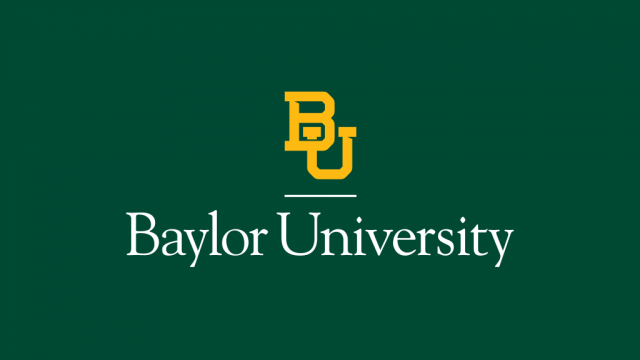Newswise — Key global demographic trends affecting issues of faith, migration and the economy will be discussed by an expert panel, including Baylor University religion historian Philip Jenkins, Ph.D., at the Washington, D.C., office of The Pew Charitable Trusts on Tuesday, July 12.Panelists will discuss the data behind the shifts and their policy implications during the event, “Global Trends: New Demographics and Their Implications.” The trends include: • How growing migration is changing the world• How a global middle class could save the economy• What African religion means for faith worldwide.Panelists will include:• Philip Jenkins, Distinguished Professor of History, Baylor University’s Institute for Studies of Religion. He also serves as co-director for the Program on Historical Studies of Religion in the Institute for Studies of Religion. Jenkins collaborates with the institute on a number of different research initiatives and partners with its scholars on studies of religion around the globe as well as ongoing historical studies of religion. He also is considered an expert on the subject of terrorism. His work has been lauded in many different disciplines, including sociology, criminology, and religious studies, with The Economist calling him “one of America’s best scholars of religion.”
• Michael Dimock, president of the Pew Research Center. He oversees the center’s operations and research agenda, including politics, religion, demographics, media, technology and international issues. He is a frequent commentator on public opinion polling for major broadcast organizations and has published scholarly articles on public opinion, voting behavior, and survey methodology.
• Homi Kharas, Senior Fellow and deputy director of The Brookings Institution’s Global Economy and Development Program. Kharas studies policies and trends influencing developing countries, including aid to poor countries, the emergence of the middle class, and global governance and the G-20. Author and editor of several books and numerous publications, Kharas served as the lead report author and executive secretary of the secretariat supporting the U.N. Secretary General’s High-level Panel on the post-2015 development agenda.
• Moderating will be Susan Urahn, executive vice president and chief program officer of The Pew Charitable Trusts, who oversees all of the organization’s programmatic work. She has testified before the U.S. Congress and in multiple statehouses, and has presented to groups such as the National Conference of State Legislatures and the Business Roundtable.
A live webcast will be offered and posted to this web page the day of the event. It also will be available on demand later: http://www.pewtrusts.org/en/about/events/2016/how-are-todays-global-demographic-trends-shaping-our-worldRegistration deadline is noon June 11.The event will be from 4:30 to 5:30 p.m. EDT, with a reception following, at the Washington office of The Pew Charitable Trusts, 901 E. Street NW in Washington, D.C. The entrance is on Ninth Street Northwest between E and F streets.Complimentary copies of Trend, Pew’s new publication, will be available. To attend, members of the public should RSVP here. Media should contact Felisa Klubes at 202-540-6460 or [email protected].
ABOUT BAYLOR UNIVERSITY
Baylor University is a private Christian University and a nationally ranked research institution. The University provides a vibrant campus community for more than 16,000 students by blending interdisciplinary research with an international reputation for educational excellence and a faculty commitment to teaching and scholarship. Chartered in 1845 by the Republic of Texas through the efforts of Baptist pioneers, Baylor is the oldest continually operating University in Texas. Located in Waco, Baylor welcomes students from all 50 states and more than 80 countries to study a broad range of degrees among its 12 nationally recognized academic divisions.
ABOUT THE INSTITUTE FOR STUDIES OF RELIGION
Launched in August 2004, the Baylor Institute for Studies of Religion (ISR) exists to initiate, support and conduct research on religion, involving scholars and projects spanning the intellectual spectrum: history, psychology, sociology, economics, anthropology, political science, epidemiology, theology and religious studies. The institute’s mandate extends to all religions, everywhere, and throughout history, and embraces the study of religious effects on prosocial behavior, family life, population health, economic development and social conflict. While always striving for appropriate scientific objectivity, ISR scholars treat religion with the respect that sacred matters require and deserve.
ABOUT THE PEW CHARITABLE TRUSTS
The Pew Charitable Trusts is driven by the power of knowledge to solve today’s most challenging problems. It is an independent nonprofit organization – the sole beneficiary of seven individual trusts established between 1948 and 1979 by two sons and two daughters of Sun Oil Company founder Joseph N. Pew and his wife, Mary Anderson Pew. Today, Pew is a global research and public policy organization, still operated as a non-partisan, non-governmental organization dedicated to serving the public. Its portfolio includes public opinion research, arts and culture; and environmental, health, state and consumer policy initiatives.
